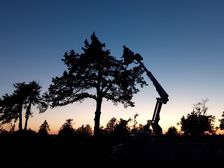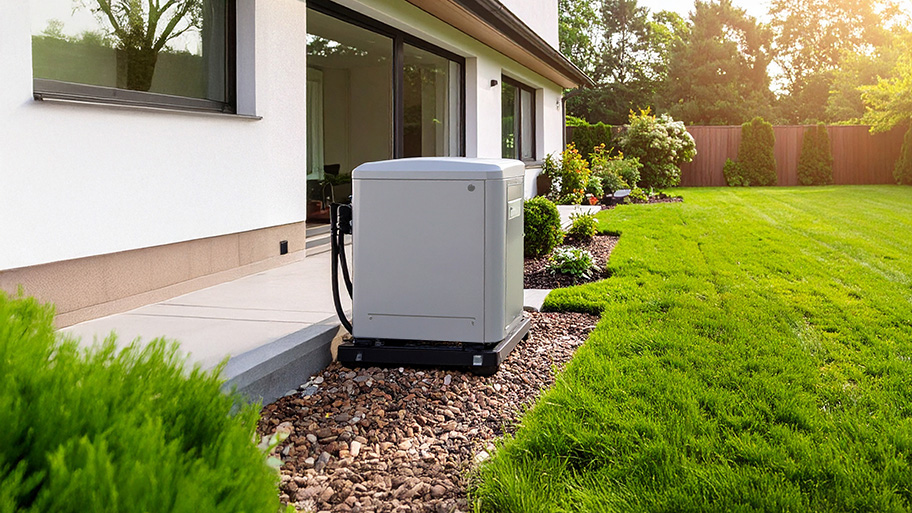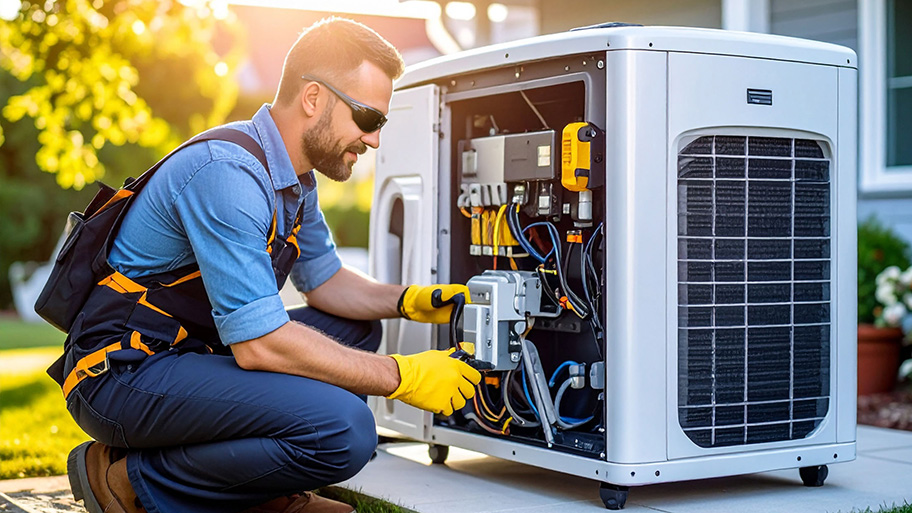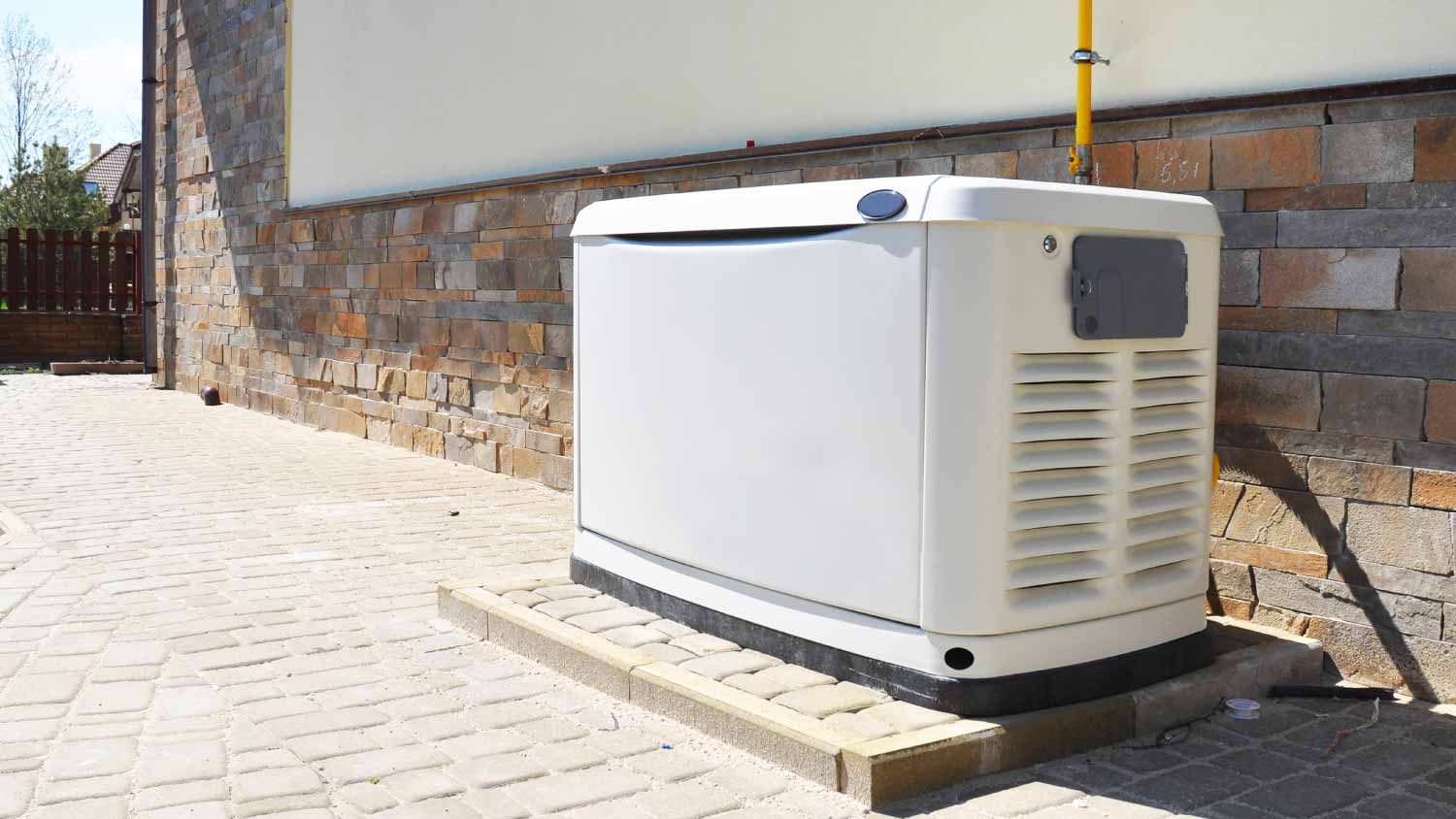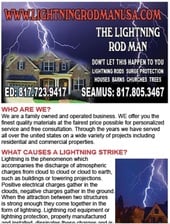
Donohue's Lightning Rods
Donohue's Lightning Rods
The modern suburban and small town home of today has become an ideal lightning target. The home owner would do well to recognize lightning for the destructive force that it is and protect against this major life and fire hazard. Donohue's Lightning Rods is based in Missouri, near the factory where most of the residential and commercial lightning rod supplies are manufactured. Jim travels regularly to Texas, Louisiana, Arkansas, Missouri, Kansas, Montana, Wyoming, Colorado, and New York. Call today to find out when Jim will be in your area. For installations outside Missouri, Kansas, or Texas, Jim waits until there are a few customers lined up, thus being able to provide the same quality services at affordable prices. **WE DO NOT DO ELECTRICAL SERVICES.** (ONLY LIGHTNING RODS)
"The job was beautifully and professionally done. I have a zero scape yard and the gentleman was concerned about disturbing the gravel when putting the rod into the ground. WOW!!!!"
Debra D on June 2025
The modern suburban and small town home of today has become an ideal lightning target. The home owner would do well to recognize lightning for the destructive force that it is and protect against this major life and fire hazard. Donohue's Lightning Rods is based in Missouri, near the factory where most of the residential and commercial lightning rod supplies are manufactured. Jim travels regularly to Texas, Louisiana, Arkansas, Missouri, Kansas, Montana, Wyoming, Colorado, and New York. Call today to find out when Jim will be in your area. For installations outside Missouri, Kansas, or Texas, Jim waits until there are a few customers lined up, thus being able to provide the same quality services at affordable prices. **WE DO NOT DO ELECTRICAL SERVICES.** (ONLY LIGHTNING RODS)
"The job was beautifully and professionally done. I have a zero scape yard and the gentleman was concerned about disturbing the gravel when putting the rod into the ground. WOW!!!!"
Debra D on June 2025



